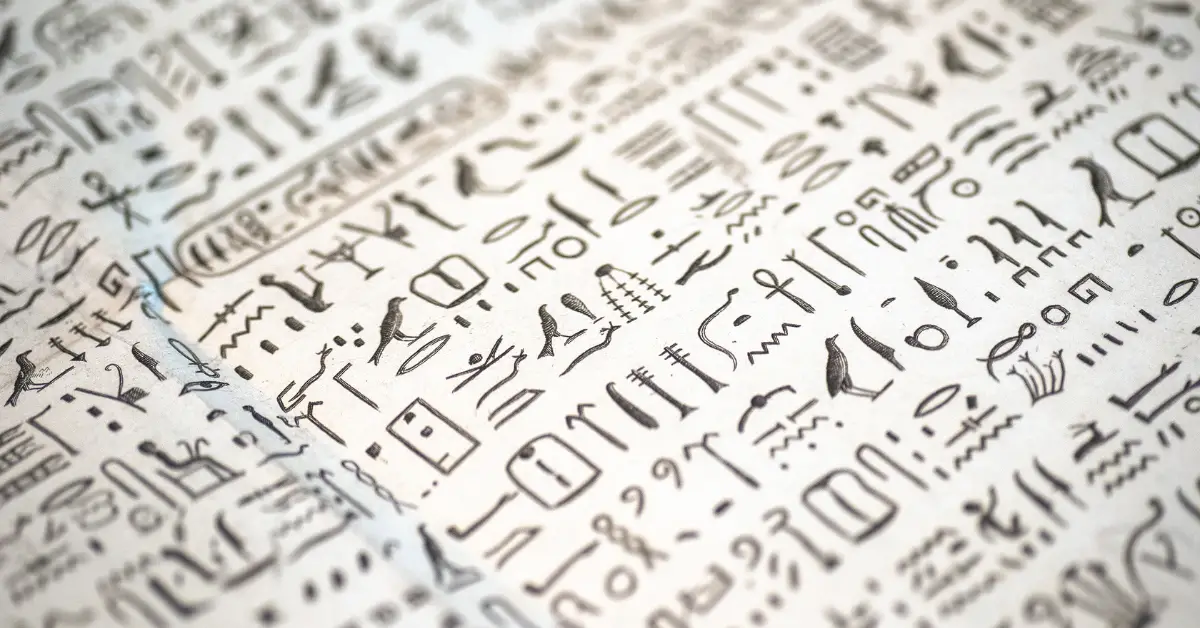Introduction
Ancient Egypt, one of the world’s earliest and most enduring civilizations, was home to a wealth of scientific knowledge and technological advancements. Spanning over three millennia, from around 3100 BCE to 332 BCE, the civilization was marked by a profound understanding of mathematics, astronomy, medicine, and engineering. This article explores the scientific accomplishments of Ancient Egypt and their lasting impact on the world.
Mathematics: Fractions, Geometry, and Practical Applications
The Ancient Egyptians developed a sophisticated understanding of mathematics that was both practical and theoretical. Their mathematical system was primarily based on the use of whole numbers and fractions, with a focus on solving everyday problems related to agriculture, construction, and commerce.
Egyptian mathematicians were well-versed in geometry, which was essential for surveying land and constructing monumental buildings like pyramids and temples. The Rhind Mathematical Papyrus, dating back to around 1550 BCE, is one of the most important surviving documents on Egyptian mathematics. It contains problems related to algebra, geometry, and arithmetic, demonstrating the Egyptians’ advanced understanding of these subjects.
Astronomy: Calendars, Star Charts, and Architectural Alignments
Astronomy played a crucial role in Ancient Egyptian culture, as the cycles of the sun, moon, and stars were closely tied to their religious beliefs and agricultural practices. The Egyptians developed a solar calendar consisting of 365 days, divided into 12 months of 30 days each, plus five additional days to account for the discrepancy between the lunar and solar cycles. This calendar, while not perfect, was remarkably accurate for its time and formed the basis for the modern calendar system.
The Ancient Egyptians also created star charts and had a comprehensive understanding of the constellations. They used their knowledge of astronomy to align their temples and monuments with celestial events, such as the rising of the sun at the summer solstice or the heliacal rising of the star Sirius.
Medicine: Diagnosis, Treatments, and Medical Texts
Ancient Egyptian medicine was highly advanced, with physicians and healers capable of diagnosing and treating various ailments using a combination of empirical knowledge, practical experience, and religious beliefs. Medical practitioners in Ancient Egypt were specialized in fields such as dentistry, ophthalmology, and surgery.
Several medical texts from Ancient Egypt have survived, offering valuable insights into their medical practices and knowledge. Among the most famous is the Edwin Smith Papyrus, dating back to around 1600 BCE, which describes various surgical procedures, diagnoses, and treatments for injuries and illnesses.
Another significant medical text is the Ebers Papyrus, dating to around 1550 BCE, which contains over 700 remedies for ailments ranging from gastrointestinal issues to skin diseases. The treatments described often involve the use of herbs, minerals, and animal-derived substances, showcasing the Egyptians’ extensive knowledge of pharmacology.
Engineering: Pyramids, Temples, and Irrigation Systems
Ancient Egyptian engineering achievements, such as the construction of the pyramids, temples, and irrigation systems, remain awe-inspiring to this day. The Great Pyramid of Giza, built during the reign of Pharaoh Khufu around 2580 BCE, stands as a testament to the Egyptians’ mastery of engineering and construction techniques.
The intricate design and precise alignment of the pyramids and other monumental structures required advanced knowledge of geometry and astronomy. The Egyptians also developed complex irrigation systems to harness the life-giving waters of the Nile River, which allowed them to cultivate crops and sustain their civilization.
Conclusion
The scientific accomplishments of Ancient Egypt have left an indelible mark on human history. From the development of sophisticated mathematical systems and a deep understanding of astronomy to the advancements in medicine and engineering, the Egyptians demonstrated an unparalleled ingenuity that laid the foundation for future civilizations. As we continue to learn from the remnants of their culture, we gain a deeper appreciation for the remarkable achievements of this early civilization and the profound impact it has had on the world.


